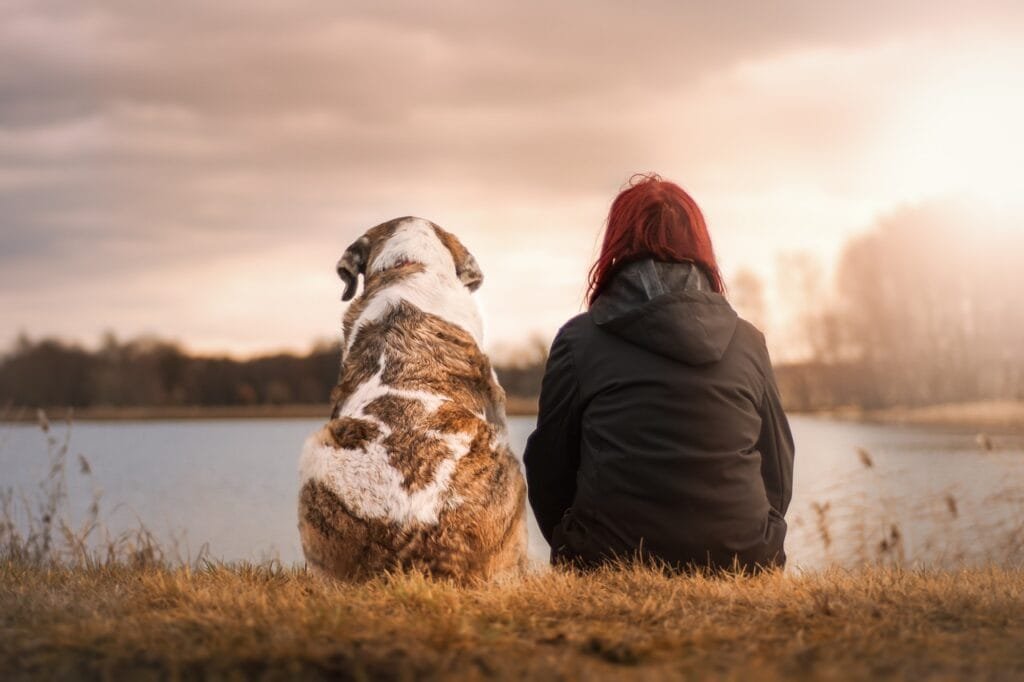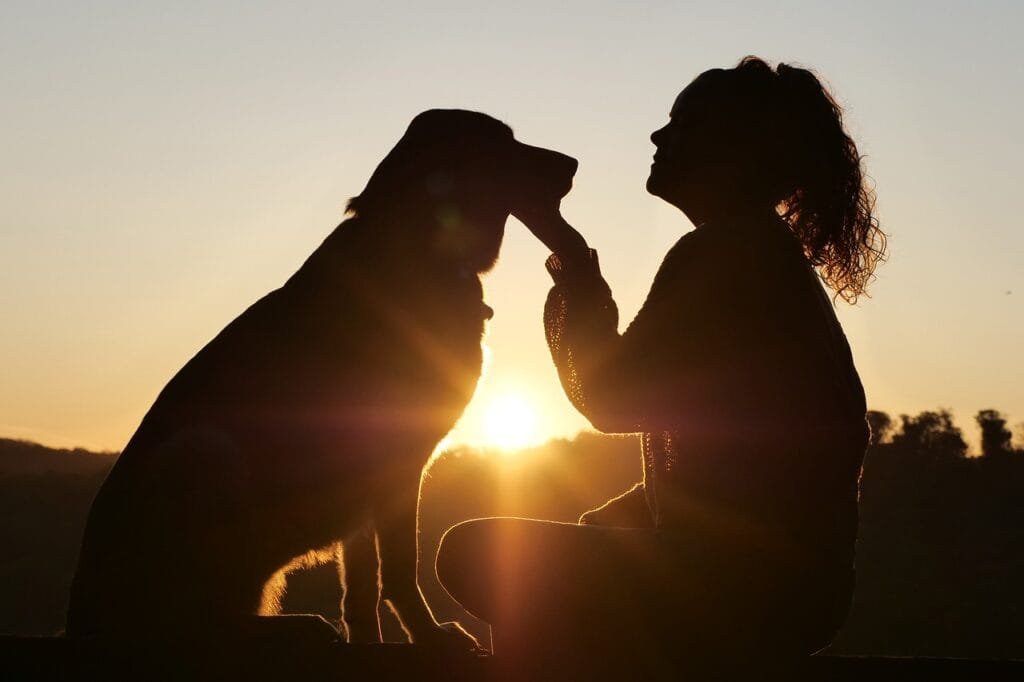Belle & Bark’s approach: Heart meets science
Not all training is created equal. At Belle & Bark, we combine science and compassion to create a learning environment where dogs thrive. Our training philosophy draws from social-cognitive theory, emphasizes the importance of relationship, and avoids fear-based methods. Discover how we build trust, encourage real learning, and support every dog and guardian with care and clarity.
Belle & Bark’s approach: Heart meets science Read More »




